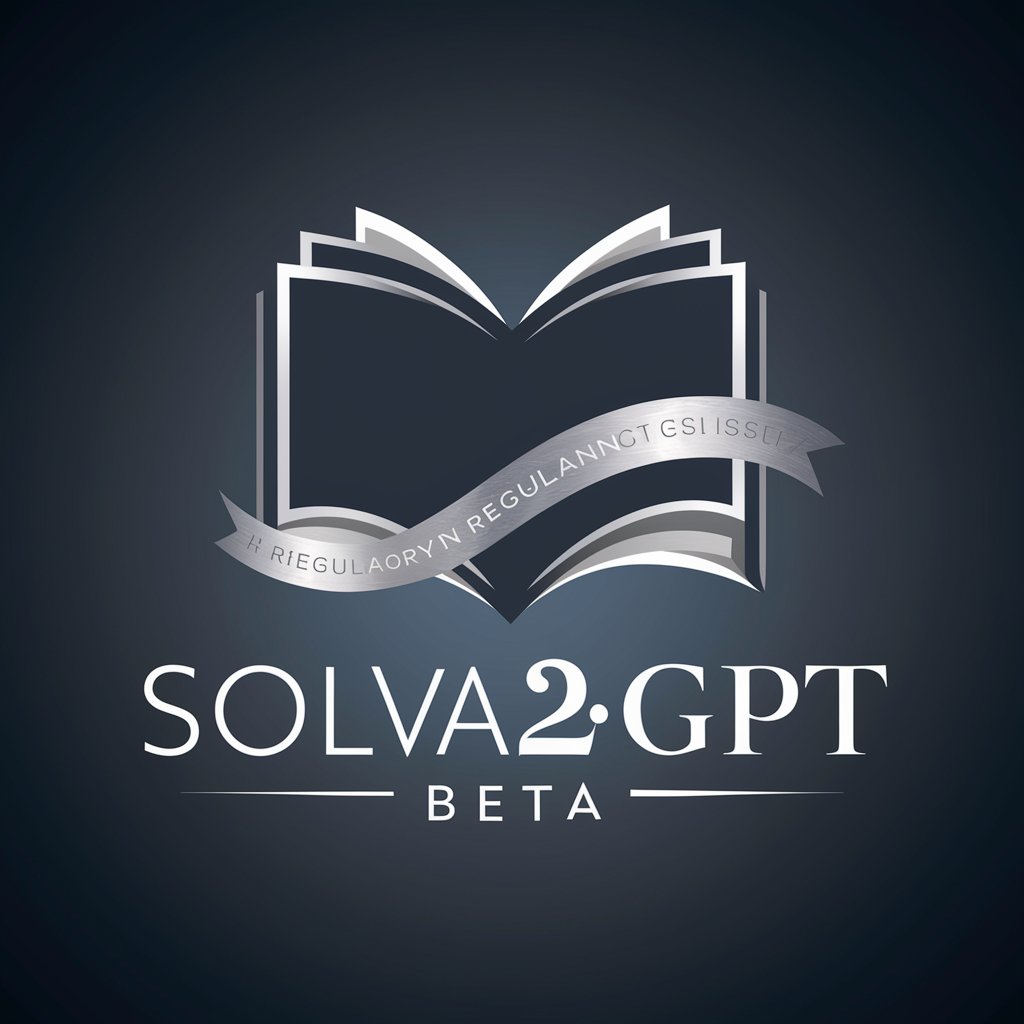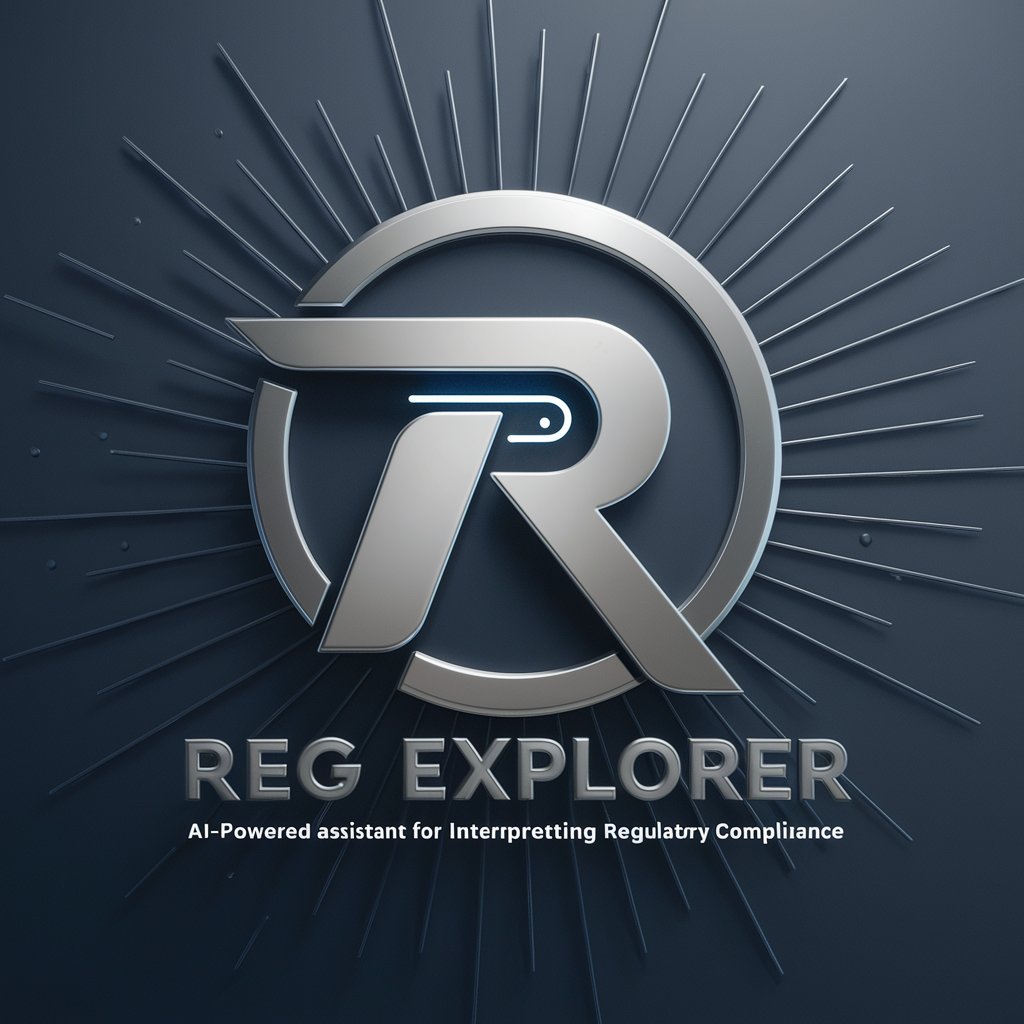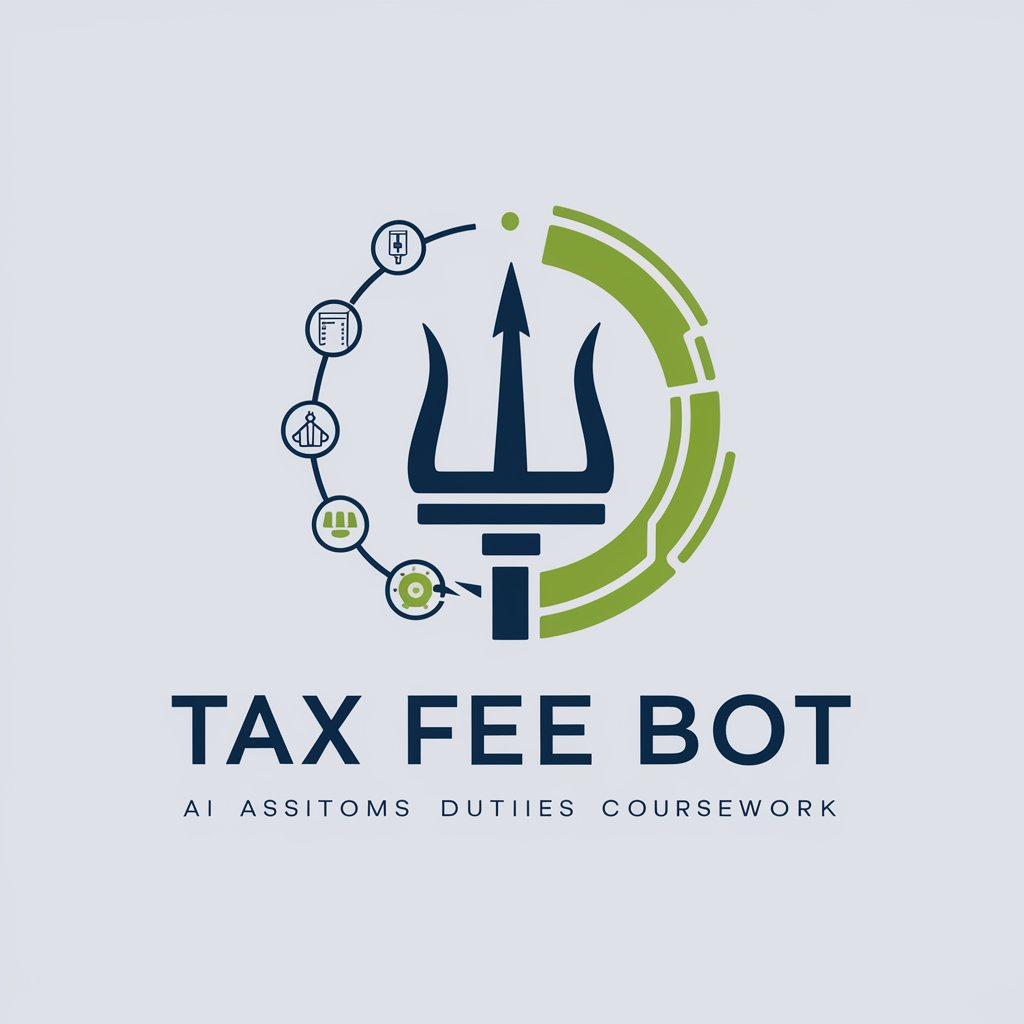5 GPTs for Financial Regulation Powered by AI for Free of 2026
AI GPTs for Financial Regulation are advanced tools that leverage Generative Pre-trained Transformers (GPTs) technology to address and automate tasks specific to financial regulation. These tools are designed to understand, interpret, and generate text based on the vast and complex regulatory frameworks governing the financial sector. They offer tailored solutions for compliance, regulatory reporting, fraud detection, and financial risk management by learning from large datasets of regulatory texts, legal documents, and financial transactions. This makes them particularly relevant for enhancing efficiency, accuracy, and comprehensiveness in monitoring and ensuring compliance with financial regulations.
Top 5 GPTs for Financial Regulation are: Solva2GPT BETA,Canadian Accounting Buddy,Reg Explorer,Lawyer's Assistant UK Markets,Tax Fee Bot Helper
Solva2GPT BETA
Navigating Solvency II with AI Precision

Canadian Accounting Buddy
Empowering Canadian Accounting with AI

Reg Explorer
Demystifying Financial Regulations

Lawyer's Assistant UK Markets
Empowering legal professionals with AI-driven UK market insights.

Tax Fee Bot Helper
Streamlining Customs Duties Assignments with AI

Key Attributes and Functions
AI GPTs for Financial Regulation boast a range of unique features tailored to the financial compliance and regulatory landscape. These include advanced natural language processing (NLP) for interpreting regulatory documents, adaptability to various financial contexts, and the ability to perform complex data analyses. They can automate the creation of compliance reports, detect anomalies indicating fraud or non-compliance, and offer predictive insights into regulatory trends. Special features may include real-time updates on regulatory changes, integration capabilities with existing financial systems, and customization options to meet specific regulatory requirements.
Who Benefits from Financial Regulation AI Tools
The primary users of AI GPTs for Financial Regulation include regulatory compliance officers, financial analysts, legal professionals in the financial sector, and fintech developers. These tools are accessible to novices, offering straightforward interfaces for those without programming skills, while also providing extensive customization options for tech-savvy professionals and developers. This dual approach ensures a wide range of users can effectively leverage AI capabilities to streamline compliance processes, enhance regulatory reporting, and mitigate financial risks.
Try Our other AI GPTs tools for Free
Accounting Standards
Discover how AI GPTs for Accounting Standards revolutionize financial reporting and standards interpretation, making complex accounting practices accessible and up-to-date.
Alchemy Exploration
Discover the transformative potential of AI GPTs for Alchemy Exploration, designed to unlock ancient wisdom through modern technology. Ideal for researchers, enthusiasts, and educators.
Client Profiling
Unlock the potential of your client data with AI GPTs for Client Profiling, designed to offer deep insights and personalized strategies for businesses.
Service Tailoring
Discover how AI GPTs for Service Tailoring revolutionize customer service with personalized, efficient AI solutions. Perfect for novices and professionals alike.
Client Empathy
Discover how AI GPTs for Client Empathy leverage advanced AI to enhance customer interactions, offering personalized, empathetic responses to improve satisfaction and loyalty.
Property Selling
Discover how AI GPTs are revolutionizing property selling, offering tailored solutions for real estate professionals to enhance listings, engage customers, and analyze the market.
Further Exploration of AI-Driven Regulatory Solutions
AI GPTs for Financial Regulation represent a significant leap forward in regulatory technology (RegTech). These tools not only simplify compliance and risk management but also offer new insights into regulatory trends and predictions. Their adaptability and integration capabilities mean they can easily fit into existing workflows, providing a user-friendly approach that enhances regulatory oversight without imposing significant operational disruptions.
Frequently Asked Questions
What exactly are AI GPTs for Financial Regulation?
AI GPTs for Financial Regulation are sophisticated artificial intelligence tools designed to automate and enhance tasks related to financial compliance and regulation. They utilize GPT technology to process and generate text based on complex regulatory data.
How can these AI tools improve compliance processes?
They streamline compliance by automating the analysis of regulatory documents, generating compliance reports, and identifying potential compliance issues before they become problematic.
Are there customization options available for different financial regulations?
Yes, these AI tools offer extensive customization options, allowing users to tailor the technology to specific regulatory requirements and financial contexts.
Can non-technical users easily adopt these AI tools?
Absolutely. AI GPTs for Financial Regulation are designed with user-friendly interfaces that require no coding knowledge, making them accessible to a broad audience.
How do these tools stay updated with new regulations?
They incorporate real-time learning capabilities to continuously update their knowledge base with the latest regulatory changes and guidelines.
What makes AI GPTs for Financial Regulation different from general AI tools?
Their specialization in financial regulation allows them to understand and interpret the complex language and nuances of financial laws, which general AI tools are not specifically trained for.
Can these AI tools integrate with existing financial systems?
Yes, they are designed with integration capabilities to work seamlessly alongside existing financial management and reporting systems.
What are the potential risks of using AI in financial regulation?
While AI offers significant advantages, potential risks include overreliance on automated processes without adequate human oversight, data privacy concerns, and the need for continuous updates to ensure accuracy with evolving regulations.